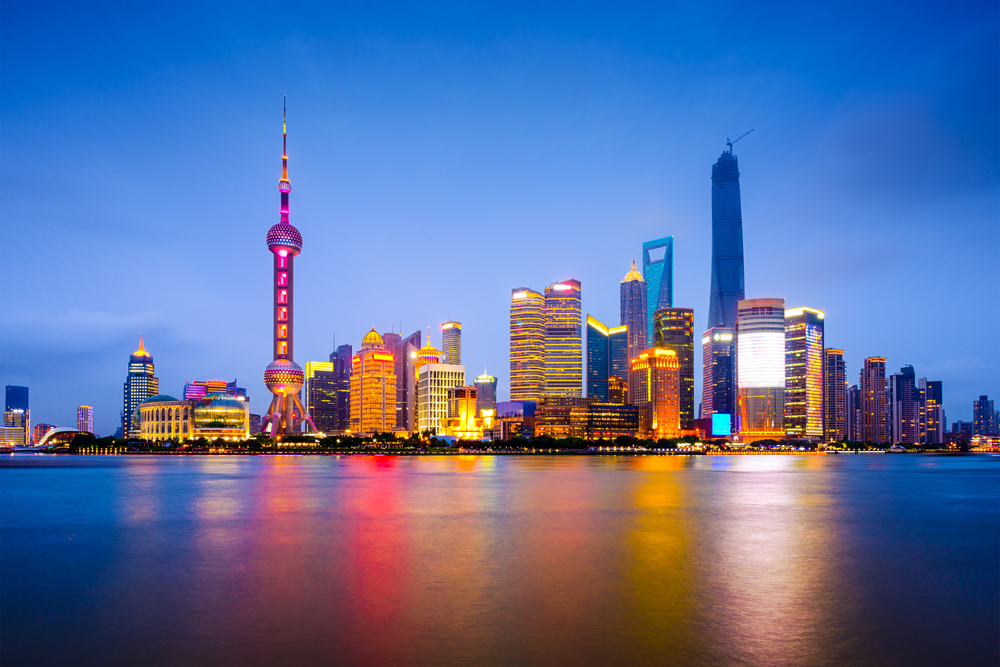On July 6th, the 2023 World Artificial Intelligence Conference (WAIC) in Shanghai took place under the theme “Intelligent Connectivity: Generating the Future.”
Chinese AI companies showcased a range of innovations, proving they still have clout in the race to AI supremacy.
However, China likely lags behind the US, primarily due to lacking access to AI expertise and hardware. The US stunted AI hardware exports to China amidst security concerns, causing companies like Nvidia to engineer new chips with lesser processing capabilities.
Moreover, tech companies like Microsoft are reportedly shutting down their Chinese technology labs and relocating employees back to North America.
China’s AI conference exhibited various technologies, including a basketball court that offered technique improvement suggestions and robotic arms providing horoscope readings. Among the companies represented was Baidu, China’s big tech flagship, which has developed the Chinese alternative to OpenAI’s ChatGPT.
China has a few advantages in the AI race, such as access to a large labor force for tasks like data labeling, which involves teaching machine learning (ML) algorithms to understand different features in datasets.
Draft AI regulations in China emphasize that AI products should adhere to “core socialist values.”
New regulation strategies
A new governmental body has been established in China to set a national standard for Large Language Models (LLMs).
The China Electronic Standardisation Institute, operating under the Ministry of Industry and Information Technology (MIIT), aims to channel the potential of LLMs while mitigating key risks.
At the WAIC in Shanghai, the institute announced its plans to create a special AI task force led by Baidu, Huawei Technologies, 360 Security Technology, and Alibaba Group Holding.
Major tech companies such as Tencent Holdings, Baidu, Huawei, and Alibaba have been expanding their LLMs, but China intends to standardize AI products to reflect their political values.
The Cyberspace Administration of China (CAC) has yet to issue a license for any generative AI product, making security testing and review a requirement before public availability.
The goal, as stated by CAC director Zhuang Rongwen, is to ensure AI remains “reliable and controllable.”
China is well aware of the vital role AI will play in its technological landscape. The government is now consolidating its plans around regulation to push forward and catch up with the US.





